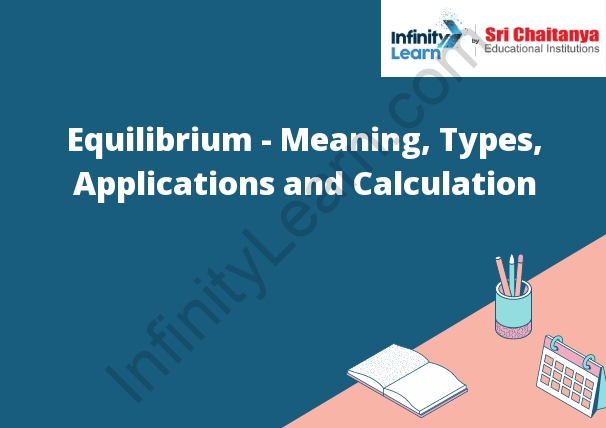equilibrium
In chemistry, equilibrium is the state of balance between opposing processes. In an equilibrium state, the rates of the forward and reverse processes are equal. This state is achieved when the concentrations of the reactants and products are constant.

Chemistry is the study of matter and the changes it undergoes. In this particular essay, we will be discussing equilibrium, a key concept in chemistry. In equilibrium, the rates of the forward and reverse reactions are equal, meaning that the system is in a state of balance. There are several factors that can affect equilibrium, including temperature, concentration, and the presence of a catalyst.
One of the most important things to understand about equilibrium is that it is a dynamic process, meaning that the equilibrium state is constantly changing. If a system is disturbed, it will eventually reach a new equilibrium state. For example, if you were to add a reactant to a system that was in equilibrium, the equilibrium would shift to favor the reaction that leads to the production of the new reactant.
Equilibrium is an important concept in chemistry because it is responsible for maintaining a balance in systems. It is also responsible for the rate of chemical reactions. When a system is in equilibrium, the reaction rates are at their fastest. If you want to speed up a reaction, you need to disturb the equilibrium.
One of the most important applications of equilibrium is in the field of biochemistry. Enzymes are proteins that catalyze chemical reactions in the body. Enzymes work by altering the equilibrium of a reaction, allowing it to proceed at a faster rate. This is why altering the temperature or the concentration of a reaction can affect the rate of the reaction.

